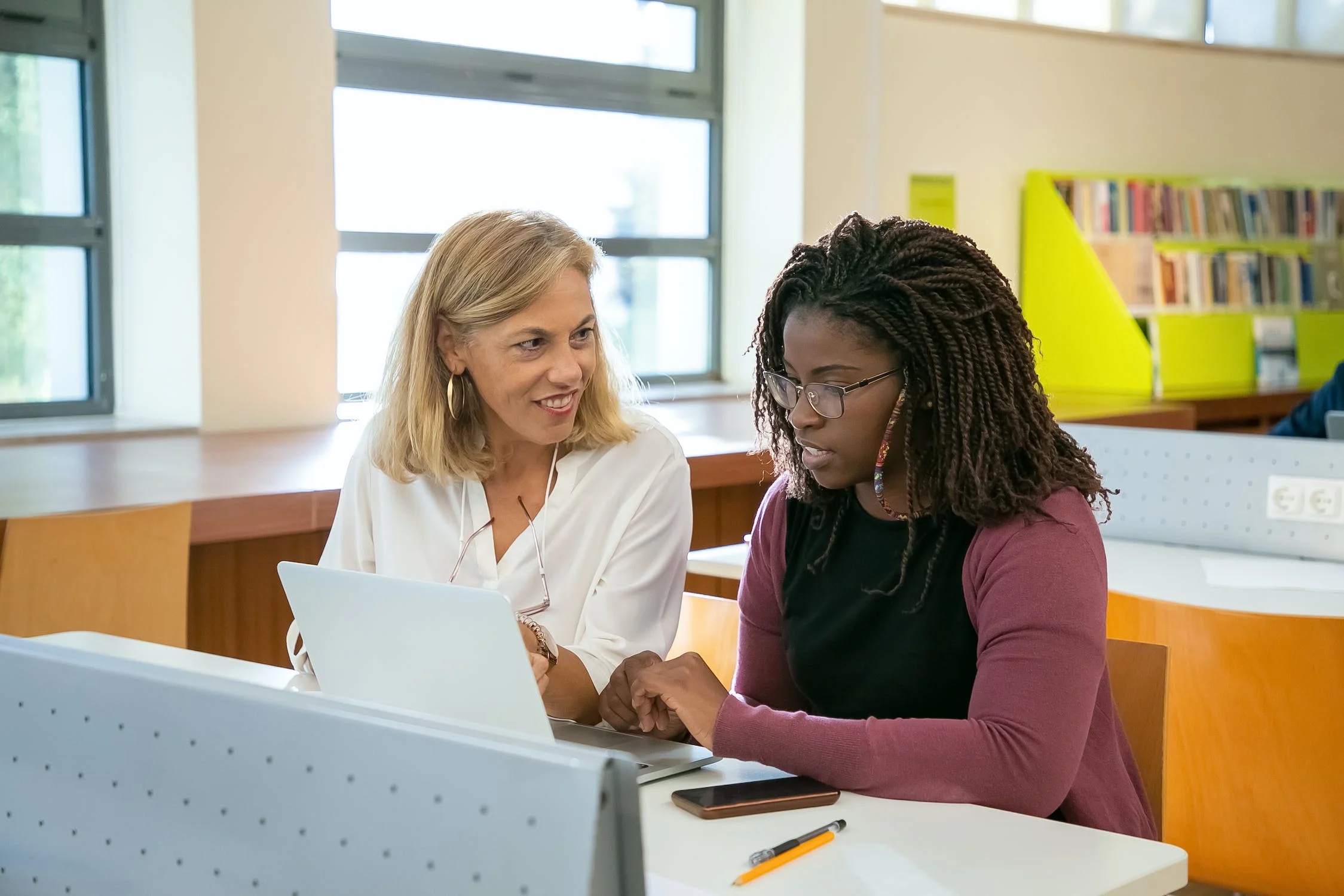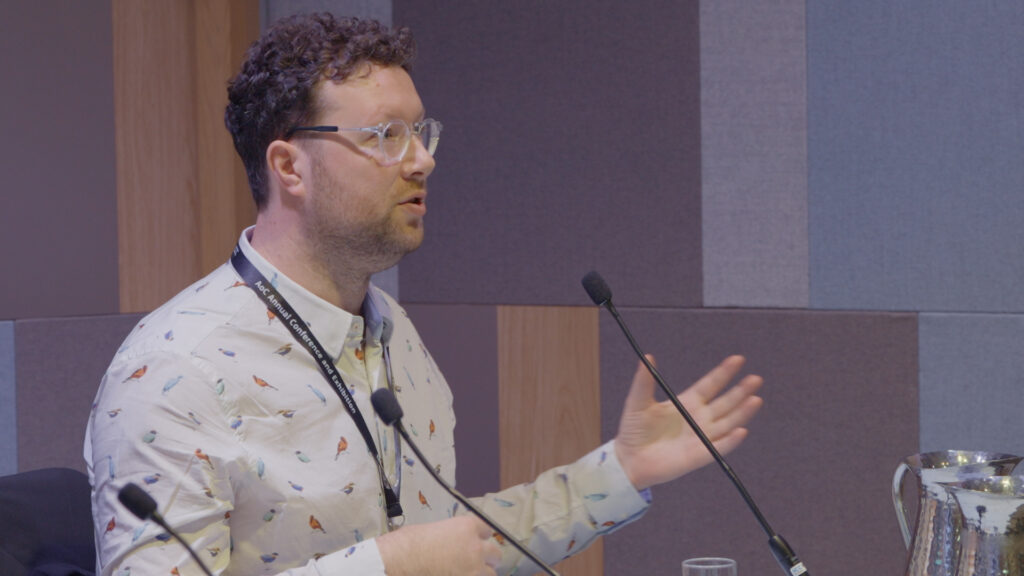Ensuring diversity and inclusion in the world of apprenticeships

Diversity and inclusion are huge topics within the further education sector, and rightly so. They also formed the basis of the recent Amazing Apprenticeships ‘GENIE Live Conference’, where 120 like-minded representatives from the apprenticeship community, including myself, were able to participate in thought-provoking sessions which inspired and challenged us to build better diversity and inclusion strategies.
“True inclusivity would be recruiting not on what level the prospective apprentice is at now, but where you would like them to be at the end of the programme.”
A particular standout workshop was that of Lucy Hunte – National Programme Manager at the NHS. Focusing on how diversity can improve the NHS, the workshop included discussions on how organisations could create a more inclusive recruitment process. Are application requirements or the tone of the advert aligned with the profile of the applicant? Are interview questions aligned to the skill level of the applicant? What considerations – if any – were organisations making for barriers such as digital poverty, or to support neurodiverse candidates?
A key takeaway from the session was around the expectations of recruiting apprentices, and how true inclusivity would be recruiting not on what level the prospective apprentice is at now, but where you would like them to be at the end of the programme.
“Employers need to adapt onboarding processes by analysing what barriers an apprentice might face during the process.”
This message was echoed in the panel chaired by the Black Apprentice Network (BAN), who spoke candidly about the experience of apprentices who come from a minority background. The BAN highlighted that a key way for employers to engage with young people – particularly from a minority, underrepresented or disadvantaged background – is by building relationships with schools to ensure that they are championing apprenticeships to their students.
The BAN representatives also discussed their personal experiences with onboarding, and how employers need to adapt onboarding processes by analysing what barriers an apprentice might face during the process. Additionally, they called for employers to have a clear strategy for any incoming talent – to ensure that they can learn and grow in their new roles.
Closing conversations were full of positivity, about genuine equality, and developing the confidence and courage to take forward these new ideas and implement them.
Related articles

Latest thought-leadership: Tech-powered inclusion


Inclusive and flexible learning can create a more equitable future for all learners


Bridging the distance: how blended learning supports rural learners

